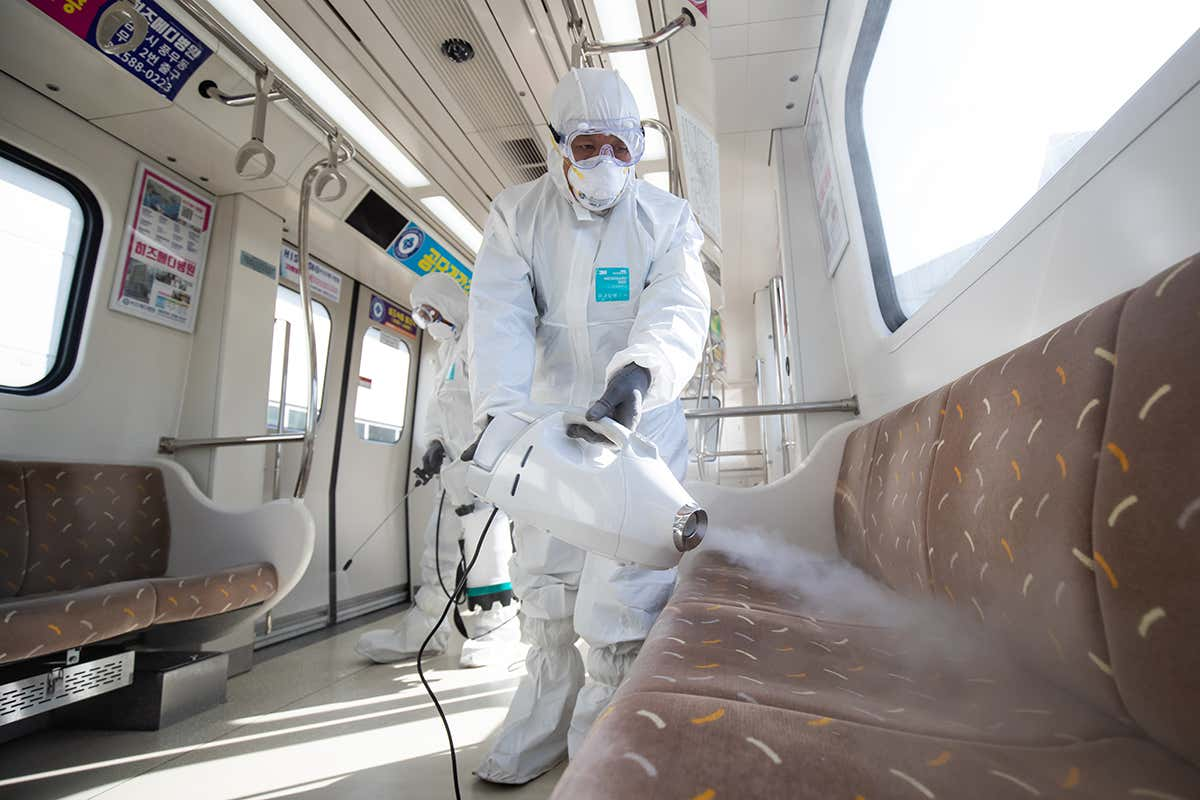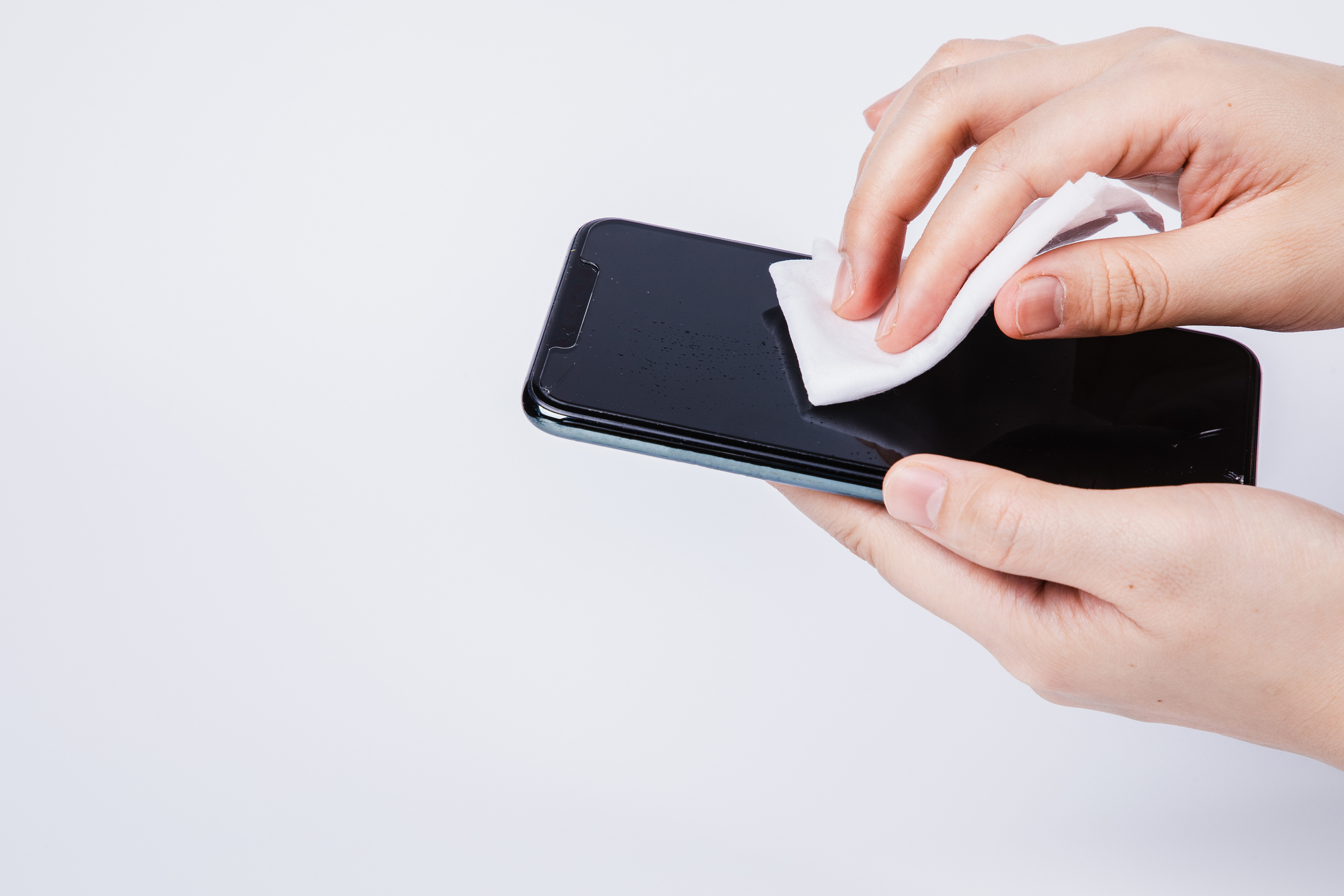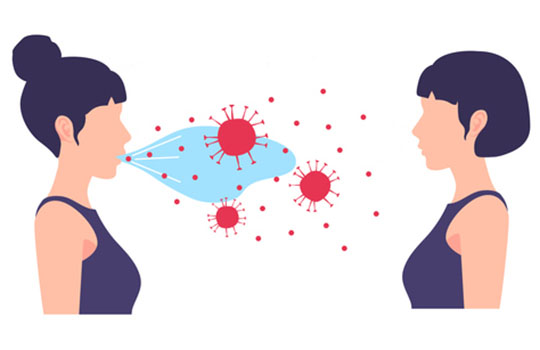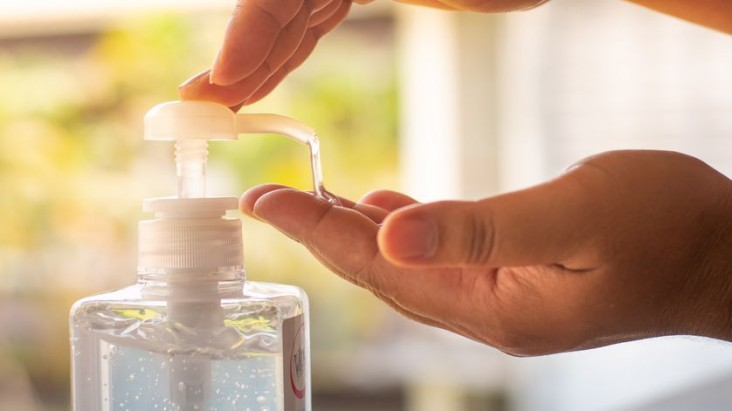Covid-19 can live on phones and bank notes for four weeks
The virus responsible for Covid-19 can survive for up to an astonishing four weeks on surfaces including bank notes and mobile phone screens, researchers have claimed.
Australia’s national science agency CSIRO found SARS-CoV-2 is “extremely robust,” at 20°C, or room temperature, and survived for less time at hotter temperatures. The study also found that the virus survives longer at lower temperatures.
The research involved drying the virus in an artificial mucus on different surfaces, at concentrations similar to those reported in samples from infected patients, and then re-isolating the virus over a month.
It is important to note that the study was also carried out in the dark, as research has demonstrated direct sunlight can rapidly inactivate the virus.
“At 20 degrees Celsius, which is about room temperature, we found that the virus was extremely robust, surviving for 28 days on smooth surfaces such as glass found on mobile phone screens and plastic banknotes. That compares with 17 days of survival for the flu virus.
“While the precise role of surface transmission, the degree of surface contact and the amount of virus required for infection is yet to be determined, establishing how long this virus remains viable on surfaces is critical for developing risk mitigation strategies in high contact areas,” Dr Debbie Eagles said.

Does the type of surface make a difference?
The coronavirus tended to survive longer on smooth surfaces or nonporous, compared with porous complex surfaces, such as cotton. They also found the virus survived longer on paper bank notes than plastic bank notes.
A previous study in The Lancet in April 2020 found that SARS-Cov-2 could not be detected on glass or bank notes after four days or seven days for stainless steel.
Virus survival declined to less than a day at 40 degrees Celsius on some surfaces, according to the study, published in Virology Journal. The findings add to evidence that the covid-19-causing coronavirus survives for longer in cooler weather, making it potentially harder to control in winter than summer. The research also helps to more accurately predict and mitigate the pandemic’s spread, the researchers said.
Dr Debbie Eagles, deputy director of the Australian Centre for Disease Preparedness said “Our results show that SARS-CoV-2 can remain infectious on surfaces for long periods of time, reinforcing the need for good practices such as regular hand washing and cleaning surfaces.”

Transmission risk
The persistence on surfaces such as glass is an important finding, given that touchscreen devices such as mobile phones, bank ATMs, supermarket self-serve checkouts, and airport check-in kiosks are high touch surfaces that may not be regularly cleaned and therefore pose a transmission risk of SARS-CoV-2, the researchers said in the paper.
They found the longer survival time of SARS-CoV-2 than seasonal flu on banknotes “of particular significance, considering the frequency of circulation and the potential for transfer of viable virus both between individuals and geographic locations.” But even though the virus can survive on surfaces for longer than previously thought, surfaces themselves pose a relatively low transmission risk. The virus can only infect a person if it enters their body, usually through the mouth.
Before SARS-CoV-2 was declared a pandemic, China had started decontaminating its paper currency, suggesting concerns over transmission via paper banknotes existed at the time, the researchers said, noting that the U.S. and South Korea have also quarantined bank notes as a result of the pandemic.
The survival of the coronavirus on stainless steel at cooler temperatures may help explain covid-19 outbreaks linked to meat processing and cold storage facilities, the authors said. Their data support the findings of a study showing the survival of SARS-CoV-2 on fresh and frozen food as well, they said. The CSIRO researchers said that as proteins and fats in body fluids can also significantly increase virus survival times, their research may help explain the apparent persistence and spread of the virus in cool environments with high lipid or protein contamination.
But even though the virus can survive on surfaces for longer than previously thought, surfaces themselves pose a relatively low transmission risk. The virus can only infect a person if it enters their body, usually through the mouth.

How do people catch Covid-19?
The coronavirus is transmitted mostly through direct contact with an infected person, especially the virus-laden particles they emit while coughing, sneezing, speaking, singing, and even breathing. SARS-CoV-2 may also contaminate surfaces when these particles settle, creating so-called fomites that the researchers said may play a lesser, though important role in the transmission of the virus.
SARS-CoV-2 spread via fomites is plausible, researchers at Kansas State University said in a study released ahead of publication and peer review in August. They analyzed the coronavirus’s stability on a dozen surfaces and found it survived five to seven times longer under cooler, less-humid spring/fall conditions compared with the average temperature and humidity in summer.

How can I keep myself safe?
Luckily there are lots of Covid-19 related health tips and routines that have been shared with the public already such as regular hand sanitizing and wearing masks in congested public areas, we would advise that you wipe down your phone screen daily. And abide by government guidelines.
The Centers for Disease Control and Prevention’s guidance on running essential errands recommends using online banking and touchless payment options when possible, and includes several relevant pieces of advice:
- “Use drive-thru banking services, automated teller machines (ATM), or mobile banking apps for routine transactions that do not require face-to-face assistance as much as possible.”
- “Use hand sanitizer containing at least 60% alcohol after any deposit, withdrawal, exchange, drive-thru visit, or use of an ATM.
LET US HELP KEEP YOU SAFE, CALL US FOR YOUR DEEP CLEANING NEEDS TODAY

WE'RE NOT HAPPY UNLESS YOU'RE HAPPY
SEE HOW IT WORKSWith Competitive Pest Control Services you’ll never have to worry about paying for a job that hasn’t been done.
If you’re not satisfied with our services, we’ll not only give you your money back, we’ll return it to you twofold. That’s right: you’ll not only receive a full refund, we’ll also pay to have your pest problem sorted by our competition.*
We’re always trying to raise the standard of service, it’s one of the reasons we were name Australian Pest Manager of the Year four times in the past six years. When you employ our services, you know your pest problem will soon be a distant memory. What could be more satisfying than that?
*Please contact us to hear more about our 200% Money Back Guarantee - as due to issues sometimes outside our control, not all services may be covered by this offer.





 Instagram
Instagram  LinkedIn
LinkedIn